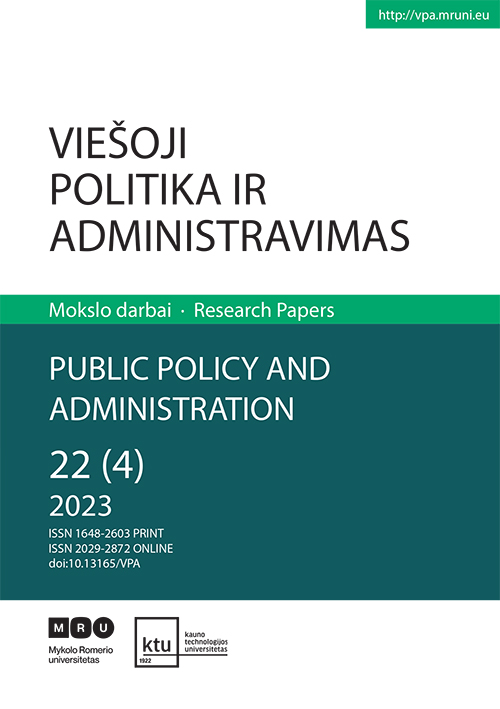A MODEL FOR AN ORGANIZATIONAL CAREER DEVELOPMENT SYSTEM APPLYING THE THEORETICAL PRINCIPLES OF COMPLEX ADAPTIVE SYSTEMS
A MODEL FOR AN ORGANIZATIONAL CAREER DEVELOPMENT SYSTEM APPLYING THE THEORETICAL PRINCIPLES OF COMPLEX ADAPTIVE SYSTEMS
Author(s): Violeta Rapuano, Andrius ValickasSubject(s): Labor relations, Human Resources in Economy
Published by: Mykolas Romeris University
Keywords: career; complexity; complex adaptive systems; model;
Summary/Abstract: Complex social environments change traditional human resource management policies and practices, affecting customary interactions between organizations and employees. The aim of this article is to propose a model for an organizational career development system based on the principles of complex adaptive systems (CAS) grounded in an analysis of the issues and challenges arising for individuals and organizations in complex environments. This model can then be applied in businesses and public sector organizations. The methods of scientific literature analysis, synthesis and theoretical modeling are used in this article. Currently, it is more reasonable to understand careers and their management not purely from the organizational and structural perspectives, but as dynamic processes where employees expand their career potential in the form of knowledge, skills and behaviors through various learning experiences provided by the organization, and organizations use these intangible assets as adaptive and creative potential in a complex environment. Individuals can no longer rely on traditional principles of career development based on rationality and planning that used to work in stable environments. For individuals, it is necessary to engage in a continuous meaning-making process by enhancing working experiences and strengthening career potential, which primarily involves investing in personal career capital through learning activities. Intellectual, creative, and adaptive resources accumulated in the careers of individuals compose an important part of the human capital of organizations. This then becomes the essential source of competitive advantage, especially in knowledge-based spheres. As a result, the career development models of organizations change from traditional, stable, universal and hierarchical to dynamic, flexible, individualized processes that increase the career potential of employees and provide organic structures which satisfy the diversity of individual and organizational career needs.
Journal: Viešoji politika ir administravimas
- Issue Year: 22/2023
- Issue No: 4
- Page Range: 393-404
- Page Count: 11
- Language: English

